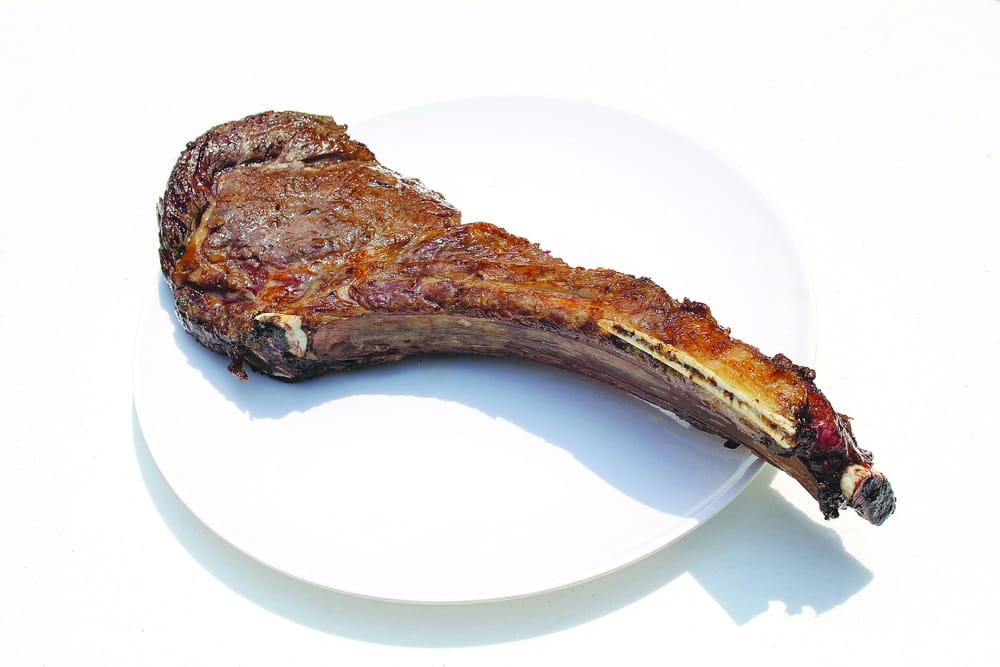Does this look burnt?
Alexandra Lim questions whether eating burnt food poses a risk to health, and how these could be avoided

The perennial question. You notice that slightly-too-blackened edge of your fried chicken thigh during a friend’s thanksgiving dinner, and hesitate just a little, but eat it anyway because nothing can take that peri-peri pleasure away from you. I guess it’s common knowledge that burnt foods can be carcinogenic, but did you know that different burnt foods pose different levels of danger?
Foods cooked at high temperatures for too long end up harbouring a molecule called ‘acrylamide’. Although it is known to be a toxin, the link between consuming it in food and developing cancer is less clear. Acrylamide itself is formed in a reaction between the naturally occurring amino acid asparagine, and carbohydrates. It does not matter whether or not the food is organic, but there is a definite correlation between high temperatures and acrylamide formation. That aside, a review in 2015 showed that “dietary acrylamide” is not related to the risk of the most common cancers; but a modest association with kidney, endometrial and ovarian cancers in people who had never smoked, couldn’t be ruled out. Interestingly, recent studies have proven that acrylamide formation is associated more with carbohydrates rather than protein-rich foods, such as pasta, bread or potatoes, that are fried, baked or roasted at temperatures above 120 degrees Celsius.

Hold on just a second, though. Although acrylamide is more likely to occur in these foods, it has also been shown that meat tends to harbour other more dangerous compounds. These generally fall into two classes: PAHs (polycyclic aromatic hydrocarbons) and HCAs (heterocyclic amines). Studies have shown there could indeed be a link between frying or barbecuing meat and a higher risk of cancer, because these cooking techniques increase the formation of PAHs and HCAs.
The takeaway from the jumble of acronyms and acrylamide? Watch how you cook, be it carbohydrate, fat or protein. Turn your meat on the grill regularly, and try roasting or microwaving your food more often. Of course we grill and fry because these foods just taste better, flavour deepens with the smoky kiss of the flame, but this doesn’t mean you should eliminate these methods from your Saturday night repertoire altogether. Heavens no. The general rule of thumb is to stop grilling or barbecuing once food has turned golden-brown– at this point the meal is cooked enough to stop you getting food poisoning, but not cooked too long where potential cancer risk could increase. Since acrylamide does not form in fruits and vegetables, that are furthermore less likely to have these adverse reactions pop up when in contact with direct heat anyway, perhaps there’s a silver lining to all this, and all you have to do is eat more of the (healthy) rainbow. That way, things are easier. It’s up to you to find the right balance.









